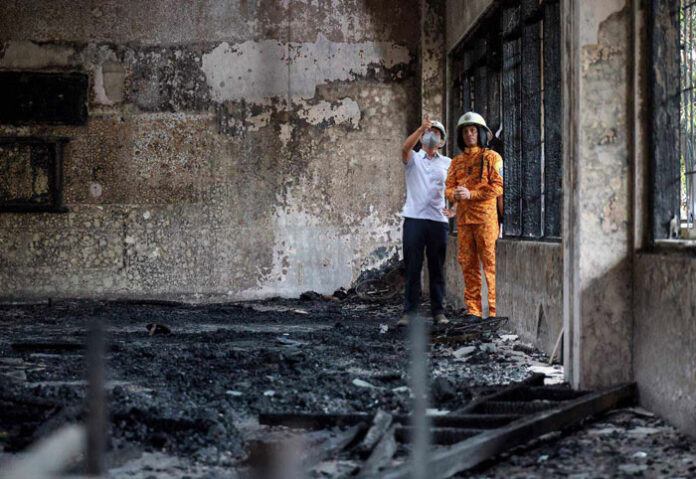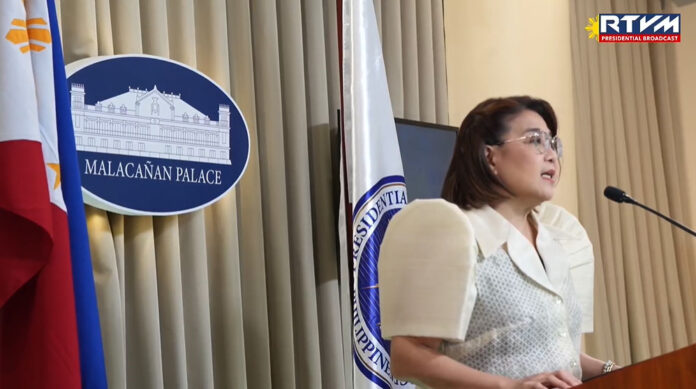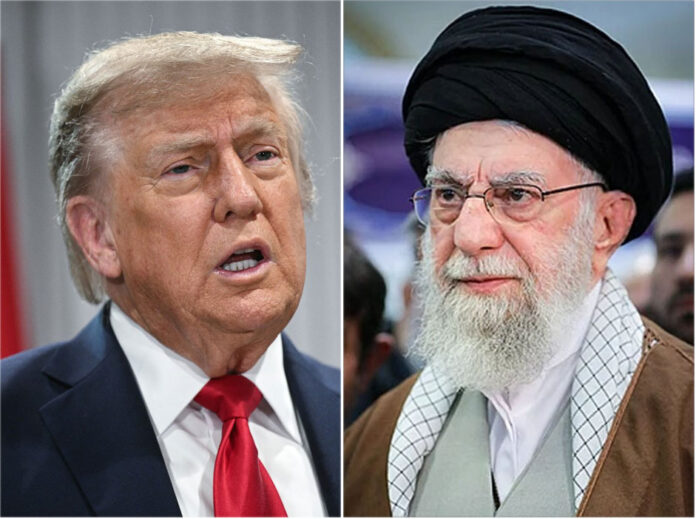PRESIDENT Marcos has expressed dismay over the country’s education sector having sufferedfrom decades of neglect.
In an episode of the BBM Podcast on Wednesday, the President said there appeared no effort to address the problems in education.
Marcos said the country lacked at least 160,000 classrooms, with most of the existing ones badly needing repairs.
“Come to think of it, we lack 160,000 classrooms. How did that happen? Action was not taken to address it,” the Chief Executive said.
“We even saw classrooms that are Marcos-type structures. They were built in the 1970s. Those buildings only have a lifetime of 20 to 30 years. They should be rehabilitated after that.
However, they are still being used until now. The education sector was neglected. That’s what happened. There was no effort to help education,” he added.
The President did not identify government officials who neglected their responsibilities.
Marcos has called for the need to rehabilitate some school buildings in the country, noting that these were built decades ago.
He said the government would build more school buildings through partnerships between the public and private sectors.
At the same time, the President ordered pertinent government agencies to check all electrical structures in schools following his inspection of the San Francisco High School’s Dao Building, which was heavily damaged by fire on June 15, a day before the opening of classes.
“As usual, faulty electrical system was the problem. That’s what we need to watch out for because our school buildings are already outdated,” Marcos told reporters duringan on-site inspection.
He also pointed out that the electrical systems were overloaded with computers, electric fans, and air conditioners, among other appliances.
Education Secretary Juan Edgado Angara, who accompanied the President in inspecting the burnt school building, acknowledged the country’s learning crisis as a major challenge.
Angara asserted however, that the problems were manageable through “focused program and reforms.”
“We can manage it, but we need action, and we have the leadership of the President. He has promised to devote resources to it,” he said in an interview.
Angara also said the Department of Education (DepEd) was particularly concerned with the long-term effects of the COVID-19 pandemic, which pushed many children further away from structured learning.
He said many students remained behind in basic reading and math skills due to prolonged school closures and limited teacher engagement during the crisis.
To address this, DepEd plans to allocate special programs and extend learning time for students with difficulties in literacy and numeracy.
Angara stressed that these interventions are necessary because the effects of the pandemic were still being felt years later.
The learning crisis, initially flagged by the United Nations Children’s Fund (UNICEF), was described as widespread after a 2019 study revealed that 90 percent of Filipino Grade 5 students cannot read at their expected level.
The same study found that 83 percent of the children struggled with basic mathematics, with performance lowest in such areas as the Bangsamoro Autonomous Region in Muslim Mindanao.
Meanwhile, the President lauded public school teachers, saying that they are the hardest working public servants.
“They are leaders of their communities. They take care of our children. My God, this is a – you have to – we have to support them,” Marcos said.
To the teachers, expect that in this administration, you will be praised since you give dignity to our educational system.
Recently, the Senate and the House of Representatives jointly passed a concurrent resolution calling on Marcos to create a Cabinet Cluster for Education in order to address the country’s education crisis, the Second Congressional Commission on Education (EDCOM 2) said.
The EDCOM 2 said it passed the concurrent resolution on June 11, the last day of the 19th Congress, to resolve the prevailing issues of functional illiteracy, lack of access to quality early childhood education, the obvious mismatch between graduate skills and industry needs, and significant gaps in teacher development, as identified by the commission in its Year 1 and 2 reports.









